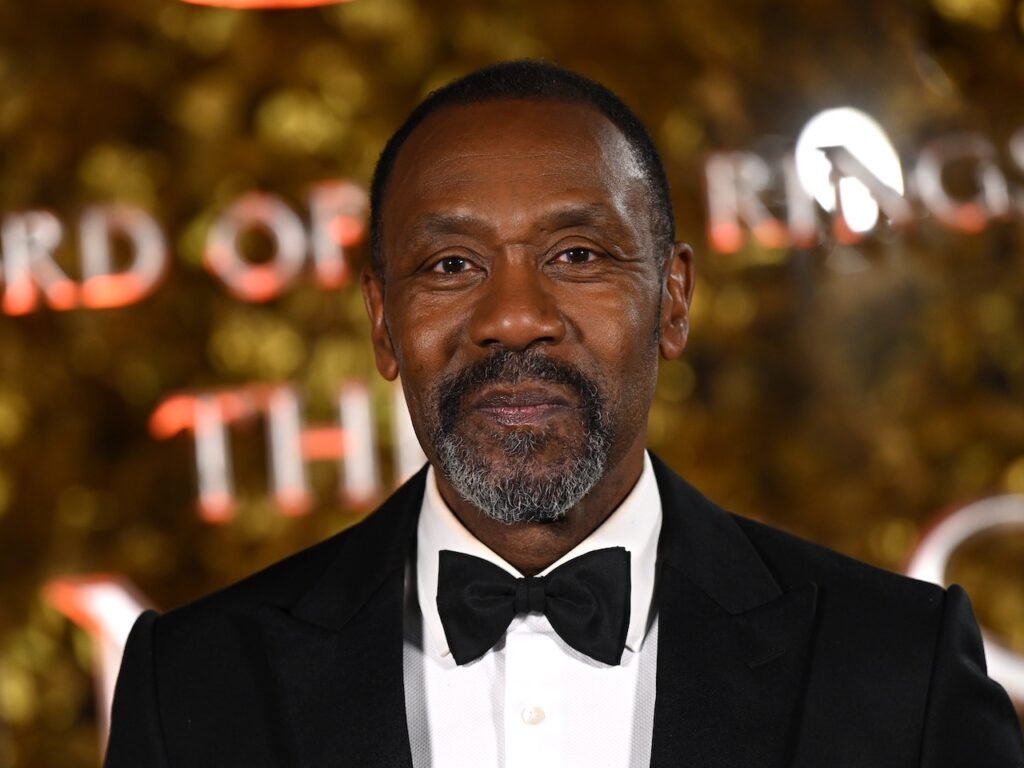Lenny Henry has recently made headlines for advocating slavery reparations for all Black Britons, sparking widespread debate and attracting both support and criticism across the UK. His newly published book, The Big Payback, makes the historic demand that the UK government allot a staggering £18 trillion as compensatory payments to acknowledge and address the historic injustices faced by Black British people, especially those related to the legacy of slavery.
Lenny Henry: Championing Reparations
Sir Lenny Henry, a celebrated comedian and activist, has long been known for his advocacy on racial equality and representation in British public life. In October 2025, he took an unprecedented step with the release of his book, The Big Payback, arguing that financial reparations are owed to Black Britons to recognise the long-term impacts of slavery and systemic racism. The book, co-authored with TV executive Marcus Ryder, builds its case on historical precedent and recent studies, notably referencing the Brattle Report’s estimate that Britain owes £18 trillion for its legacy of the slave trade.
The Big Payback: Arguments and Details
Lenny Henry’s book sets forth several arguments:
- Direct financial compensation for Black Britons, not just Caribbean nations, is both justified and necessary.
- Modern social disparities, such as overrepresentation in prisons and higher unemployment, are directly linked to the enduring legacy of slavery.
- Racism in the UK today, according to Henry, traces its roots to the Atlantic slave trade, and reparations could help “dismantle the foundations” of societies built on these injustices.
In interviews and press releases, Henry has stated, “We personally deserve money for the effects of slavery,” highlighting that reparations should be both symbolic and practical.
National and Political Response
The reaction to Lenny Henry’s call has been intense:
- Government officials, including the UK Foreign Secretary, have acknowledged the need for discussions around reparatory justice but remain opposed to direct cash payments.
- Labour leader Sir Keir Starmer supported respectful dialogue but clarified that no financial agreements about reparations were discussed at the recent Commonwealth leaders’ meeting.
- Many news outlets, commentators, and politicians have criticised the idea, branding it divisive or impractical. Some believe that focusing solely on financial compensation could fuel racial tensions rather than heal them.
- Conversely, activists and supporters argue that reparations, whether financial or symbolic, are essential for genuine reconciliation and addressing systemic inequality.
Backlash and Public Debate
The announcement prompted rapid online debate, with mixed reactions from the press and public:
- Some view Henry’s approach as radical yet essential, ultimately forcing a national reckoning with Britain’s colonial past and its ongoing implications for Black communities.
- Critics argue that reparations on such a large scale are not feasible and assert that they may not solve entrenched issues of racism and inequality.
- Social media discussions, including those on platforms like Reddit and Twitter, reveal deep divisions, with some praising Henry’s bravery and others fearing an increase in division.
The Broader Context: Reparatory Justice
Globally, calls for reparations have gained momentum. In 2023, a UN judge suggested the UK could owe trillions for its role in the slave trade. Other Commonwealth leaders have formally recognised the need for reparatory justice, though actual compensation models differ widely, from formal apologies and educational initiatives to proposals for health support and reform.
Lenny Henry’s book places Britain at the centre of this discussion, demanding concrete action instead of mere acknowledgement. He insists the moral and economic debts arising from slavery should be settled, not just for Caribbean nations but also for citizens living with its legacy. The book strongly advocates for the redistribution of power as a complement to financial compensation, marking a shift in how reparations are discussed in public forums.
Ongoing Influence of Lenny Henry
Lenny Henry’s campaign is part of his broader legacy as a public figure who has worked to tackle racial equality. He has previously pressed for greater diversity in television, urged public health initiatives in minority communities, and served as a role model for equity in the arts. By taking on the reparations debate, he brings both his celebrity and his reputation for activism to a cause that many believe has been sidelined for too long.










